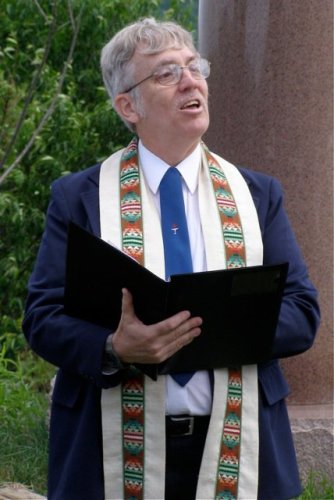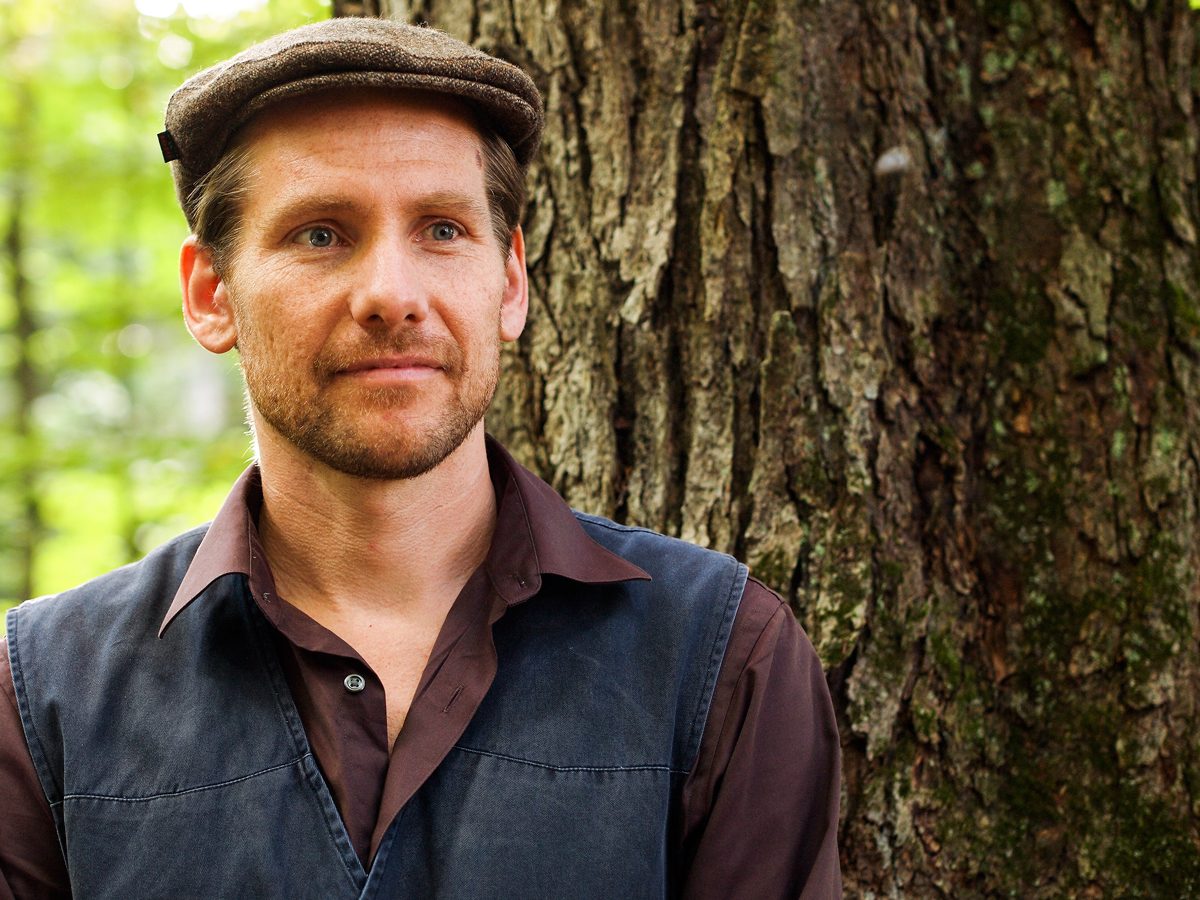Welcome, bienvenue!
Greetings from UUEstrie, a liberal spiritual community that first gathered in the village of North Hatley back in 1886, as the First Universalist Church of North Hatley.
Salutations de l'UUEstrie, une communauté spirituelle libérale qui s'est rassemblée pour la première fois dans le village de North Hatley en 1886, sous le nom de Première Église Universaliste de North Hatley.
Join us Sundays at 10:30am for our weekly service.
Rejoignez-nous le dimanche à 10h30 pour notre service.
All are welcome! Small-group sharing and deep listening. This is the final meeting until next fall. (At this meeting, we will discuss the best evening of the week for our autumn schedule. If you would like to attend, but cannot, please let Rachel know what day(s) of the week are the best or the worst for you. Just reply to 16rg10@gmail.com. Thank you.)
~~~~~~~~~~~~~~
Le partage et l’écoute profonde en groupe. Tous sont les bienvenus ! C’est la dernière réunion jusqu’à l’automne prochain. (Lors de cette réunion, nous discuterons de la meilleure soirée de la semaine pour notre horaire d’automne. Si vous souhaitez y assister mais ne le pouvez pas, veuillez informer Rachel des jours de la semaine qui sont les meilleurs ou les pires pour vous. Il suffit de répondre à 16rg10@gmail.com. Merci.)
Daniel Miller is a Religion prof at Bishops University. He recently gave a version of this talk down in Newport Vermont.
Our 3rd UU principle calls us to accept one another, and our 4th calls us to a free and responsible search for truth and meaning. So what is the problem?
~~~~~~~~~~~~~~~~~
Daniel Miller est professeur de religion à l’Université Bishops. Il a récemment donné une version de cette discussion à Newport dans le Vermont.
Notre 3ième principe unitarien-universaliste nous appelle à nous accepter les uns les autres et notre 4ième nous appelle à une recherche libre et responsable de la vérité et du sens. Alors quel est le problème?

We all face difficult choices in our lives. As a parent and advocate for her autistic son, Angela Leuck has had to make many gut-wrenching decisions relating to his health, education and security. Her experiences have led her to think deeply about the decision-making process. She will share some of her insights on how – in the face of uncertainty and imperfect knowledge – we can make life’s tough choices.
~~~~~~~~~~~~~~~
Nous sommes tous confrontés à des choix difficiles dans nos vies. En tant que parent et défenseur de son fils autiste, Angela Leuck a dû prendre de nombreuses décisions déchirantes en matière de santé, d’éducation et de sécurité. Ses expériences l’ont amenée à réfléchir profondément au processus décisionnel. Elle partagera certaines de ses idées sur la manière dont, face à l’incertitude et aux connaissances imparfaites, nous pouvons faire des choix difficiles.
Musician: Ryan Frizzell

In 2018, Amanda was diagnosed with placenta percreta, a complication during pregnancy which carries the risk of life-threatening hemorrhage during delivery. Amanda will share her experiences as well as reflect on the challenges women face during high-risk pregnancy.
~~~~~~~~~~~~~~~
En 2018, Amanda a été diagnostiquée avec du placenta percreta, une complication pendant la grossesse qui comporte un risque d’hémorragie mettant en jeu le pronostic vital pendant l’accouchement. Amanda partagera ses expériences et réfléchira aux défis auxquels les femmes sont confrontées pendant leur grossesse à haut risque.
Musician: Ryan Frizzell (Trumpet) and Brian Herring (Organ)

We welcome back for another visit the Reverend Brendan Hadash. Brendan was our minister in the 1980s, when we shared him with Derby Line and West Burke VT. Now retired from full time ministry, he continues to share a reflection in our worship service from time to time. This time he will reflect on the variations among UU congregations across Canada.
~~~~~~~~~~~~~~~~
Nous accueillons de nouveau le révérend Hadash pour une autre visite. Brendan était notre ministre dans les années 1980, lorsque nous l’avons partagé avec Derby Line et West Burke VT. Maintenant à la retraite du ministère à temps plein, il continue de partager une réflexion dans notre service de culte de temps en temps. Cette fois, il réfléchira aux variations entre les congrégations UU à travers le Canada.
Musician: Mike Matheson

Spirit Circle. Thursday, May 9, at 7:15 p.m. Theme: Curiosity. All are welcome! Small-group sharing and deep listening.
~~~~~~~~~~~~
Groupe de l’Esprit. Jeudi 9 mai à 19h15. Thème: Curiosité. Le partage et l’écoute profonde en groupe. Tous sont les bienvenus !

A Music service led by Nicholas Williams and members of local choir Les Voix du Village
Musician: Nicholas Williams
~~~~~~~~~~~~~~~~~
Un service de chant animé par Nicholas Williams et des membres du choeur Les Voix du Village. Dimanche 12 mai à 10h30.
Musician: Nicholas Williams

Bob Dylan was awarded the Nobel Prize for Literature in 2016 “for having created new poetic expressions within the great American song tradition”. Stuart will explore this citation by examining the spiritual dimension of Bob’s work across different music genres, illustrating it with examples of song performances over the years.
Stuart McKelvie was a member of the Psychology Department at Bishop’s University from 1972 to 2013. He has been listening to Bob Dylan since he was a teenager.
~~~~~~~~~~~~~~
Par le Dr. Stuart McKelvie. Dimanche 5 mai à 10h30. (en haut, en anglais) Bob Dylan a reçu le prix Nobel de littérature en 2016 « pour avoir créé de nouvelles expressions poétiques dans la grande tradition de la chanson américaine ». Stuart explorera cette citation en examinant la dimension spirituelle du travail de Bob dans différents genres musicaux, en l’illustrant par des exemples de représentations de chansons au fil des ans. Stuart McKelvie a été membre du département de psychologie de l’Université Bishop’s de 1972 à 2013. Il écoute Bob Dylan depuis son adolescence.
This Friday, May 3, between 9 a.m. and noon. Mary Lynn asks our help for UUEstrie’s spring clean-up. If you can give an hour or so sometime between 9 a.m. and noon, could you please contact us at info@uuestrie.ca. All are welcome!
~~~~~~~~~~
Ce vendredi, 3 mai, entre 9 h et midi. Mary Lynn demande notre aide pour le nettoyage de printemps de UUEstrie. Si vous pouvez donner une heure environ, entre 9 heures et midi, pourriez-vous contacter info@uuestrie.ca. Tout le monde est bienvenu !
A fundraising dinner and silent auction, co-sponsored by UUEstrie, held at Restaurant Shalimar in Lennoxville. This will be the 6th annual celebration of this event for the benefit of Child Haven International, a Canadian Charity based in Maxville ON, which provides homes for over 1,000 formerly destitute children in south Asia. All more than welcome. Speak to Phyllis Baxter (819-346-8273) for tickets or reservations
~~~~~~~~~~~
Un dîner-bénéfice et un encan silencieux, coparrainés par UUEstrie au restaurant Shalimar à Lennoxville. Ce sera la 6e édition de ce type d’événement au profit de Child Haven International, une organisation caritative canadienne basée à Maxville, en Ontario. Child Haven héberge plus de 1000 enfants autrefois démunis en Asie du Sud. Tous sont plus que bienvenus. Parlez à Phyllis Baxter (918-346-8273) pour obtenir des billets ou des réservations.






